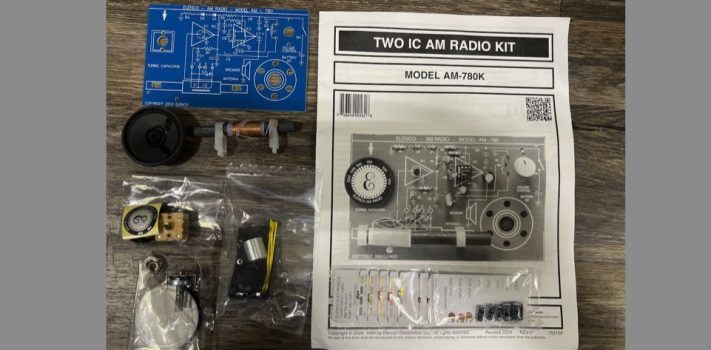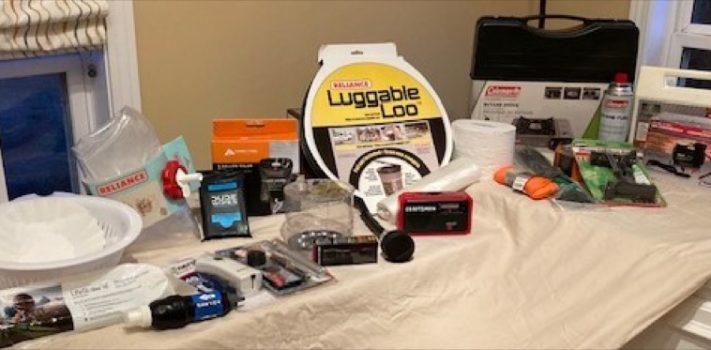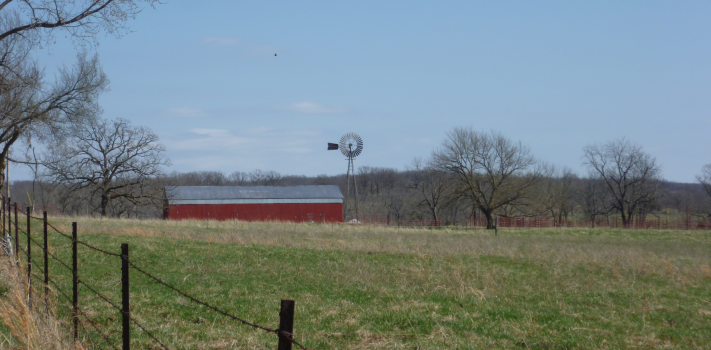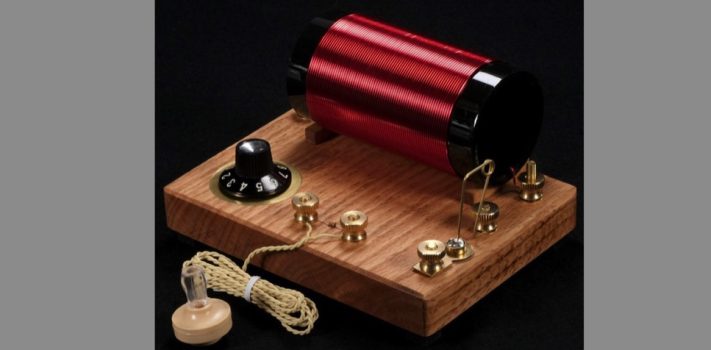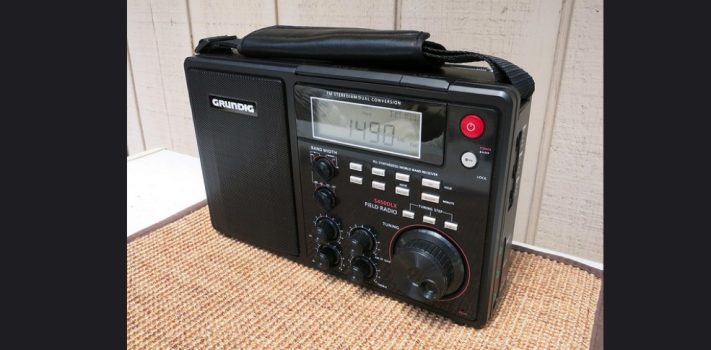The Elenco AM/FM-108CK Radio Kit – Part 1, by Mike in Alaska
Disclaimer: I bought this kit and built it for the purpose of sharing the knowledge and skills you may obtain from the kit if you choose to build one. Elenco has not sponsored this activity and did not contribute financially to this effort. I want to point out up front that this is not just a project build kit, it is a full-blown course in radio theory, electronics education, and a fun opportunity to build your skill set. The “Builders Manual” is in reality a course in electronic theory, assembly, and testing. It has much to learn so this is …


